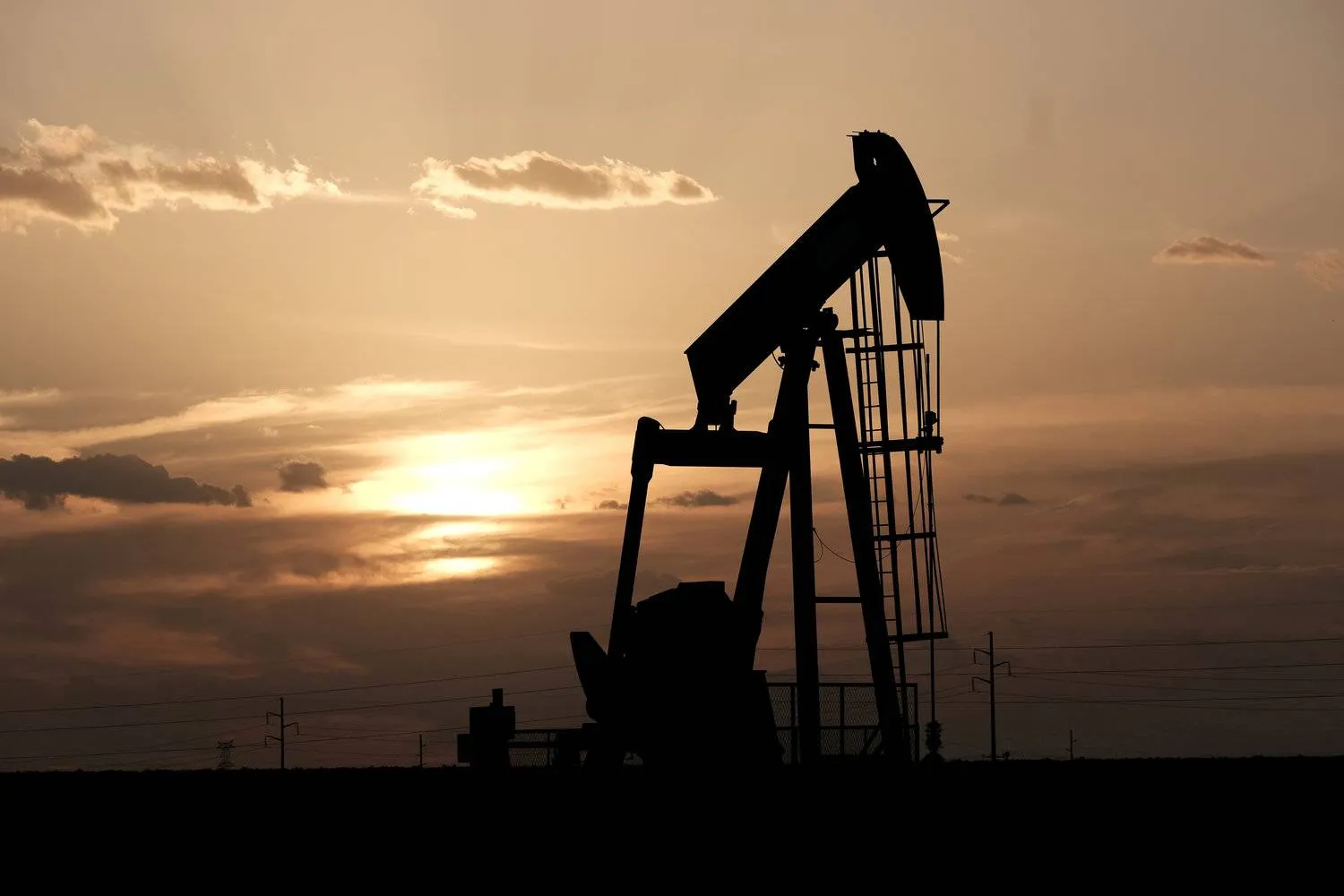Oil prices eased on Tuesday as the top US diplomat renewed efforts to push for a ceasefire in the Middle East and as slowing demand growth in China, the world's top oil importer, continued to weigh on the market.
Brent crude futures for December delivery were down 19 cents, or 0.3%, at $74.1 a barrel at 0350 GMT. US West Texas Intermediate crude futures for November delivery were 18 cents lower at $70.43 a barrel on the contract's last day as the front month.
The more actively traded WTI futures for December, which will soon become the front month, lost 14 cents, or 0.2%, to $69.9 per barrel.
Both Brent and WTI settled nearly 2% higher on Monday, recouping some of last week's more than 7% decline, with no letup of fighting in the Middle East and the market still nervous about Israel's expected retaliation against Iran potentially leading to a disruption of oil supply, said Reuters.
Monday's gains can be attributed to technical profit-taking and short covering given oil's bearish trend with forecasts pointing towards softer demand and oversupplied oil markets, said Priyanka Sachdeva, senior analyst at Phillip Nova, a brokerage firm.
US Secretary of State Antony Blinken headed to the Middle East on Monday seeking to revive talks to end the Gaza war and defuse the spillover conflict in Lebanon.
"Crude oil prices have been fluctuating in response to mixed news from the Middle East, as the situation alternates between escalation and de-escalation," Satoru Yoshida, a commodity analyst with Rakuten Securities.
"The market is expected to rise if there are clearer signs of China's economic recovery, bolstered by Beijing's stimulus measures and improvement in US economy following interest rate cuts," he said. But gains are likely to be limited by persistent uncertainty about the overall global economic outlook, he added.
China on Monday cut benchmark lending rates as anticipated at the monthly fixing, following reductions to other policy rates last month as part of a package of stimulus measures to revive the economy.
The move comes after data on Friday showed China's economy grew at the slowest pace since early 2023 in the third quarter, fueling growing concerns about oil demand.
China's oil-demand growth is expected to remain weak in 2025 despite recent stimulus measures from Beijing as the world's No. 2 economy electrifies its car fleet and grows at a slower pace, the head of the International Energy Agency said on Monday.
Also contributing to the downward pressure on oil market was the US dollar strength driven by a gradual easing of global inflation, Phillip Nova's Sachdeva said.
A stronger dollar normally weighs on oil prices as it makes the greenback-priced commodity more expensive for non-dollar holders to buy.
US crude oil stockpiles likely rose last week, while distillate and gasoline inventories were seen down, a preliminary Reuters poll showed on Monday.
Oil Prices Dip as Geopolitical Risks Stabilize, China Demand Weighs

Oil pump jacks work at sunset near Midland, Texas, US, August 21, 2019. REUTERS/Jessica Lutz/File Photo

Oil Prices Dip as Geopolitical Risks Stabilize, China Demand Weighs

Oil pump jacks work at sunset near Midland, Texas, US, August 21, 2019. REUTERS/Jessica Lutz/File Photo
لم تشترك بعد
انشئ حساباً خاصاً بك لتحصل على أخبار مخصصة لك ولتتمتع بخاصية حفظ المقالات وتتلقى نشراتنا البريدية المتنوعة







